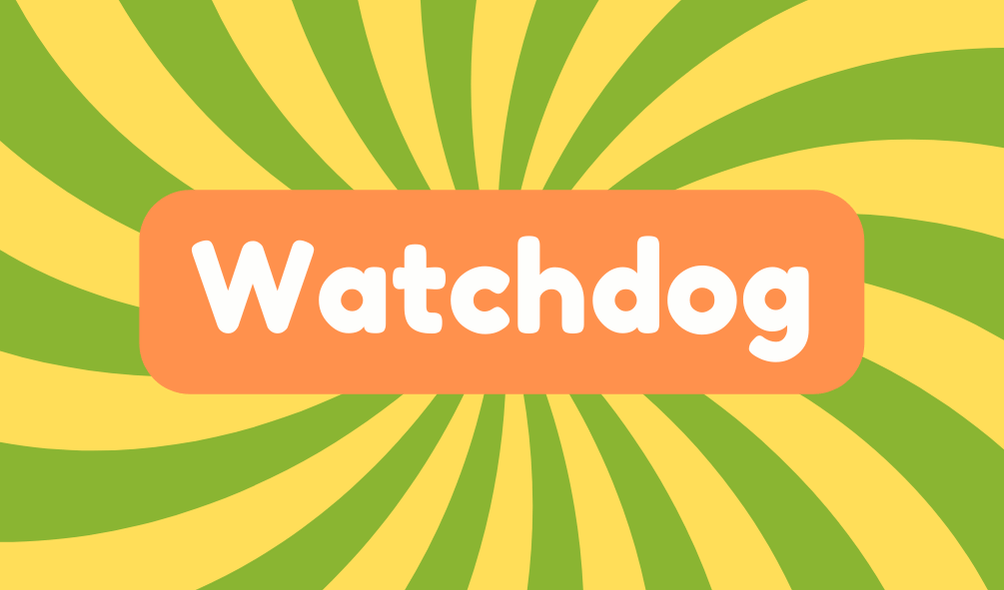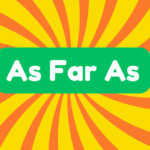The term "watchdog" refers to an entity that monitors and guarantees accountability in various sectors, like government and business. Originating from a blend of "watch" and "dog" in the 17th century, it emphasizes the role of vigilance. For example, a media watchdog holds institutions accountable, promoting informed discourse. While the concept has evolved, its relevance remains strong today, as it protects citizens' rights and fosters fairness. As the world changes, the demand for effective watchdogs grows. Understanding this role better can clarify how these entities impact society and why they matter now more than ever.
Synonyms
When discussing synonyms for "watchdog," several terms come to mind that convey a similar sense of vigilance and protection. While they often capture the essence of supervisory roles, you must remember that not all terms carry the same weight of responsibility. Here are three significant alternatives:
- Sentinel – This implies a protective stance, always on guard.
- Guardian – A term reflecting a faithful protector of rights and interests.
- Custodian – Often associated with overseeing resources, guaranteeing proper management.
These synonyms highlight not just the roles of vigilant observers but also the importance of accountability in various contexts. Ultimately, it's crucial to understand that the effectiveness of these roles can vary, and constant vigilance is required to guarantee ethical stewardship.
Example of Sentences
A watchdog plays an essential role in various contexts, ensuring oversight and accountability. For you to appreciate this concept fully, consider these instances where strong oversight is critical:
- Corporate Governance: Companies must embrace watchdog ethics to prevent corruption and promote transparency.
- Education Systems: Schools rely on vigilant oversight to protect students' rights, making sure everyone is treated fairly.
- Environmental Regulations: Agencies monitor industries for compliance, combating practices that harm our planet.
Without effective watchdogs, accountability weakens, and misconduct thrives. By questioning how these roles function, you'll recognize the importance of maintaining vigilance in different areas. Watchdogging isn't just about enforcement; it's about fostering responsibility and innovation in practices that genuinely serve the community.
Origin
The term "watchdog" has evolved over the centuries, blending the concepts of vigilance and protection. Emerging in the 17th century, its etymological roots combine the verb "watch" with the noun "dog." This fusion gained traction in American English, reflecting a need for oversight. Significantly, Shakespeare coined the term in "The Tempest," using it to emphasize the importance of security. Originally hyphenated as "watch-dog," modern usage simplified this to "watchdog." Over time, the term morphed from a literal guard dog to a broader symbol of scrutiny and accountability, mirroring societal changes. We've witnessed the watchdog become synonymous with vigilance—a reminder that constant alertness is crucial, whether in home security or contemporary oversight mechanisms.
Collocations
Numerous collocations enrich the term "watchdog," highlighting its multifaceted role in various contexts. These combinations not only deepen your understanding but also illustrate the term's diverse applications. Here are three notable collocations:
- Watchdog association – Organizations dedicated to oversight and accountability.
- Watchdog responsibilities – The duties associated with monitoring and protecting interests.
- Watchdog agency – Institutions that enforce compliance and ethical standards.
Recognizing these collocations helps you grasp the complex nature of watchdog roles. While watchdog associations promote transparency, it's vital to question whether they genuinely fulfill their watchdog responsibilities. Are they effective in curbing corruption, or do they merely serve as a façade? The use of these terms reflects society's desire for accountability, yet it prompts critical examination of their true impact.
How to Use in Everyday Language
By using "watchdog," you not only highlight the importance of diligent oversight but also evoke a sense of trustworthiness. However, be cautious; sometimes, those in watchdog roles can falter or become compromised. Balancing enthusiasm for vigilance with realistic expectations helps convey the true essence of accountability in any context you discuss.
Why Is It Still Relevant Today?
Watchdogs play an essential role in today's society, where the complexities of governance, corporate responsibility, and personal rights continuously evolve. Their modern applications safeguard our interests, ensuring that accountability remains at the forefront. You might wonder why watchdogs still hold societal importance; here's the breakdown:
| Role | Modern Application | Impact |
|---|---|---|
| Government Oversight | Monitoring policies | Protecting citizens' rights |
| Corporate Scrutiny | Investigating business ethics | Ensuring fair practices |
| Environmental Watching | Tracking compliance with laws | Preserving our future |
| Consumer Protection | Enforcing regulations | Maintaining market fairness |
In this landscape, your vigilance as a watchdog becomes crucial, keeping institutions in check and fostering a healthier democracy.







